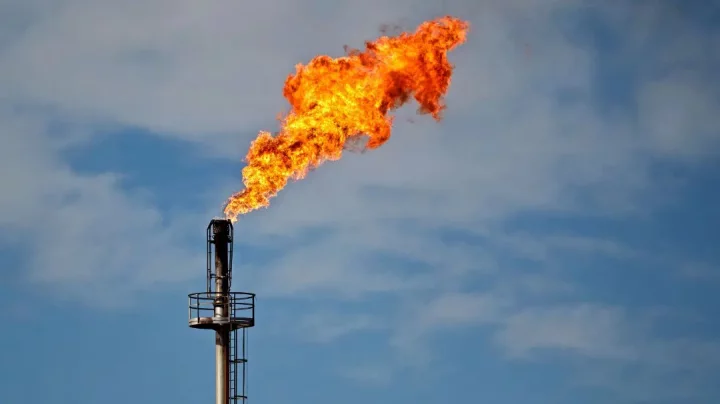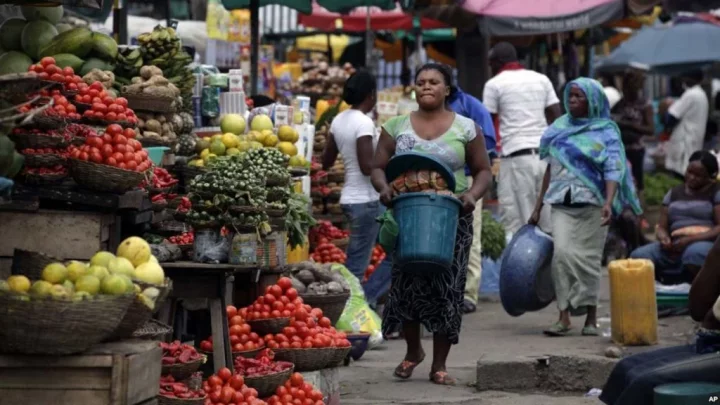
Pricing, security, others affect gas delivery-Gas producers •Indebtedness, limited gas supplies affect operations -- GenCos
•Sabotage, others hinder gas flow - CPP
•Households, businesses suffer setback - OGSPAN •Ending gas flaring requires massive investments, others - Expert
Reacting to the development, the Electricity Generating Companies, GenCos, which utilize gas for power generation in their power plants pointed to some fundamental challenges, especially limited gas supply and huge indebtedness.
The Executive Secretary of Association of Power Generation Companies, Dr. Joy Ogaji, said: "We had just about 27 per cent of payment for our 2024 invoices. A shortfall of 63%, excluding the N2.5 trillion debts owed the GenCos from 2015 to December 2023."
She also said: "Payment is our major challenge. Payment is also what causes gas challenges. There is abysmal payment for the electricity which will make gas a challenge as it is not a free product."
NBET keeps mute
However, the Acting Chief Executive Officer, CEO of the Nigerian Bulk Electricity Trading (NBET) Plc, Johnson Akinnawo, did not respond when asked to comment on factors delaying settlement of invoices as when due, a development the GenCos said also hinder operations in the value chain.
Sabotage, others hinder gas flow -CPPE
On his part, the Chief Executive Officer, Centre for Promotion of Private Enterprise, CPPE, Dr. Muda Yusuf, said: "There are two major issues regarding the availability of gas. The first has to do with the sabotage of gas pipelines in the Niger Delta. There have been incidences of pipeline vandalism and disruptions. Unlike illegal refining and oil theft, the vandalism of gas pipelines constitutes acts of economic sabotage.
"I think the bigger issue with the GenCos, has to do with illiquidity, which limits the capacity of the GenCos to settle their financial obligations to the gas companies. I think that has been a recurring issue."
"According to reports, as of 2024, the outstanding invoice to be settled by the Nigerian Bulk Electricity Trading (NBET) Plc stood at N2.7 trillion. If the GenCos don't have liquidity, how would they pay for their gas?
"This is a big problem because lack of liquidity in the electricity supply chain has been a recurring issue and the earlier we're able to resolve it, the better for the sector. We need a framework that can ensure sustainable liquidity in the electricity supply ecosystem. There have been commercial losses and technical losses, which affect liquidity. There has also been the issue of low tariff, not adequate to cover the cost of the product.
"It's quite a complicated situation, but it's something that can be fixed with the right framework, right strategy, and stakeholders' engagement. I think these are the dimensions of the issues to be addressed."
Households, businesses suffer setback - OGSPAN
Meanwhile, checks by Financial Vanguard indicated that many households and businesses have suffered in different parts of the nation, due to frequent shutdowns and losses amounting to billions of Naira.
It was gathered that even those that generate their independent power do so at high cost, especially as the prices of petrol and diesel currently hover at over N900 per litre and more than N1, 000 per litre, respectively.
In a telephone interview with Financial Vanguard, the National President of the Oil and Gas Services Providers Association of Nigeria, OGSPAN, Mazi Colman Obasi, said: "Although there has been a little improvement in some areas, due to the classification of consumers into different bans, inadequate and unstable power remains a major challenge in Nigeria."
Ending gas flaring requires new investments - Expert
However, the Managing Director of Suneses Energy Limited, Dr. Emmanuel Udofia, said: "The government and relevant agencies have developed many programmes, targeted at ending gas flaring by 2030. Indeed, ending gas flaring requires massive investments to harness associated gas for productive purposes, continuous improvement in pricing regime and growing the nation's economy to create robust domestic demand for gas.
















Comments